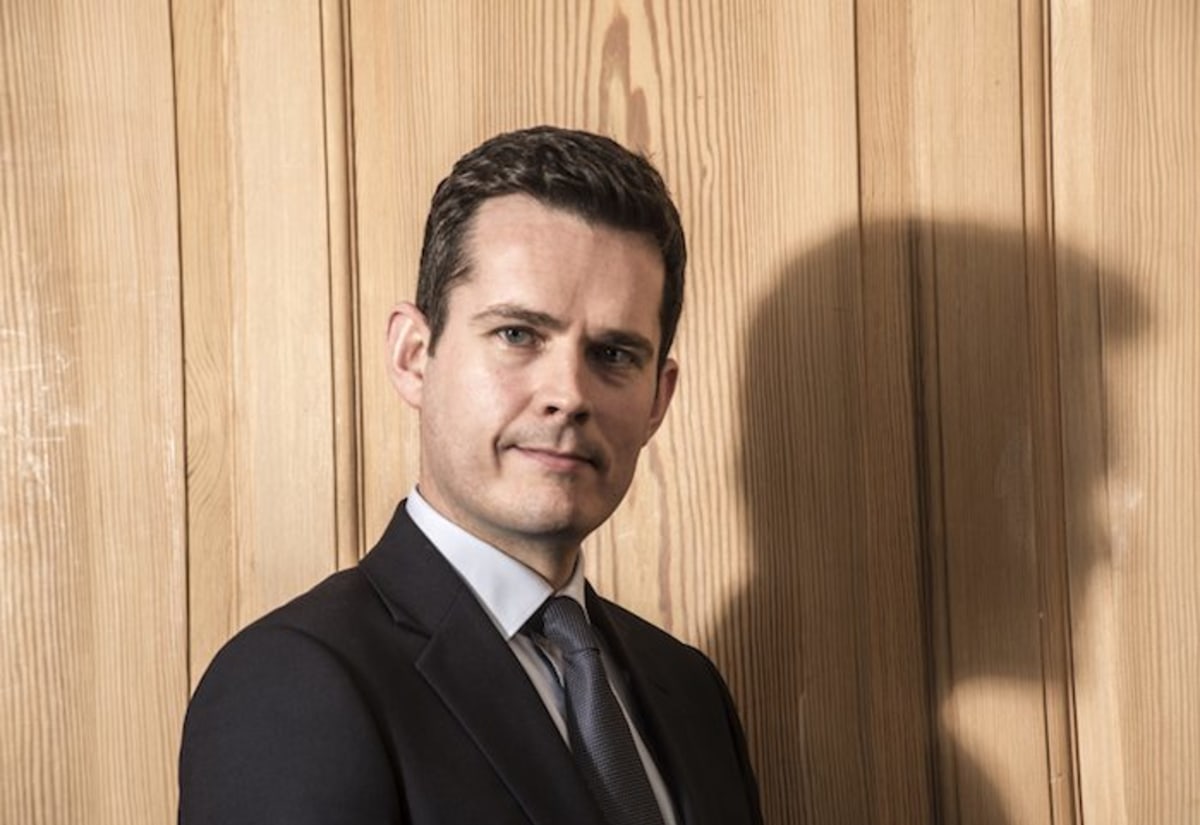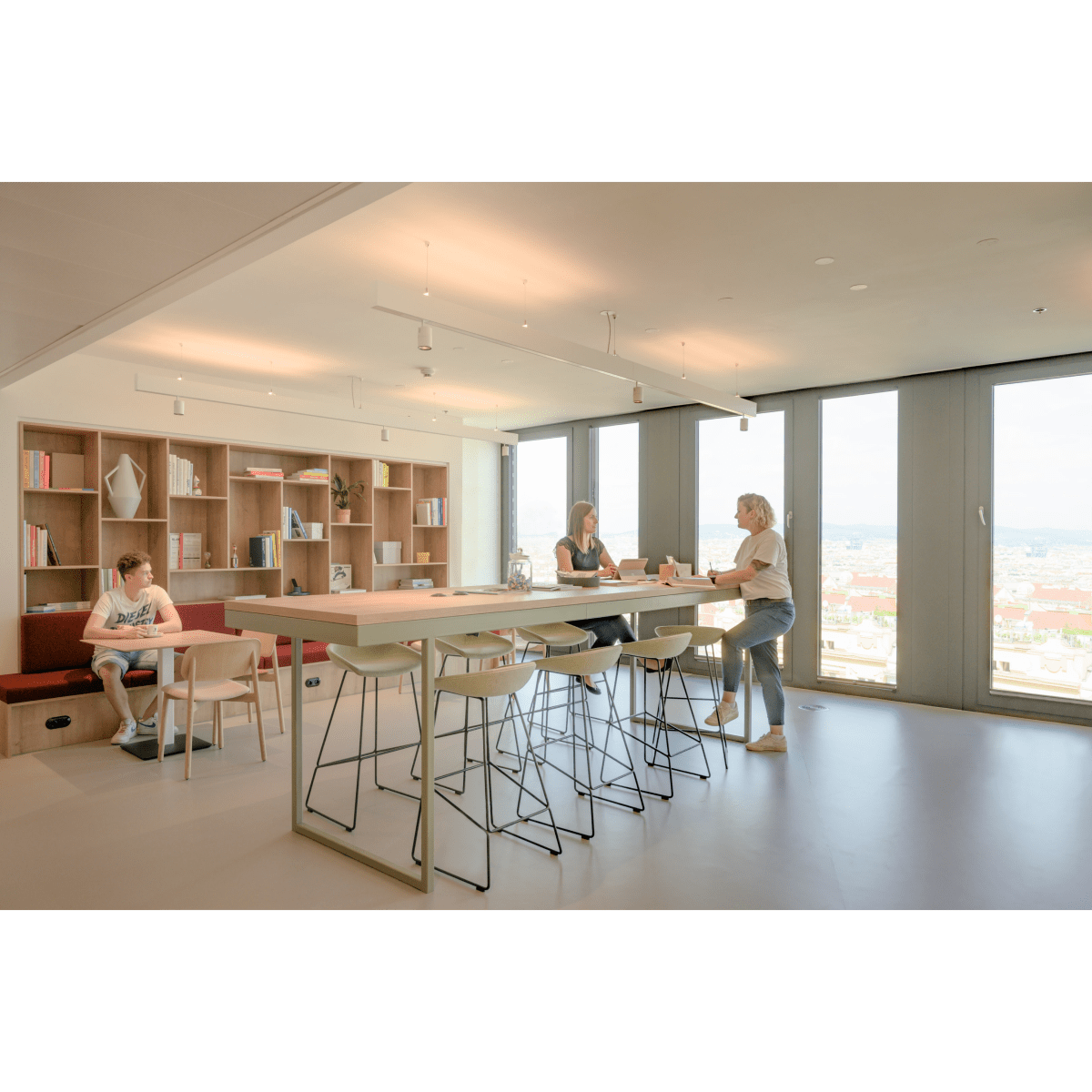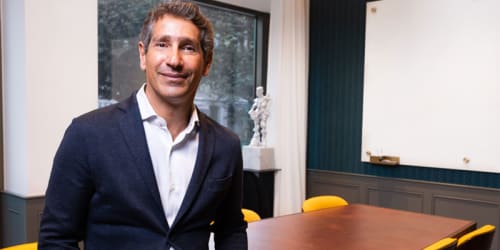To operate successfully in the 21st century, adopt a flexible approach says Richard Morris, CEO of IWG UK, in advance of his speech at WORKTECH 19 London
As 2019 draws to a close, we see the world of the workplace rapidly changing. Recent industry predictions suggest that a third of corporate real-estate portfolios will be transformed into flexible workspace by 2030. It's just one of the focuses of WORKTECH London, a two-day conference which explores the future of real estate, technology and innovation in the workplace, at the Queen Elizabeth Southbank Centre on 27th and 28th November. One of the guest speakers is Richard Morris, CEO of IWG UK, taking the stage to speak about the growing trend for flexible working, the benefits for businesses, and why it's the future of the modern workplace. “We're at a real tipping point at the moment, where companies are now demanding to use real estate differently to how they did in the past,” explains Morris. “There's no need for people to work in the same rigid way, in a fixed location or on a fixed schedule.”
The flexspace movement is largely driven by recent advances in technology like cloud computing and smart phones, both of which allow more people to work remotely. “Having a large-scale corporate office is becoming outdated. Companies of all shapes and sizes are now demanding a different way of being able to use workspace,” says Morris. “There are also many strategic benefits to being more agile. It means companies are able to move fast and open up new locations quickly by using our network, respond to market changes more effectively and ensure their footprint – where they have a presence – is aligned to where their customers and their markets are. It's about how to operate successfully in the 21st century.”
In addition to improving a company's bottom line, the benefits of flexible workspace for employees are also abundant. Offering employees a choice about where and when they work allows for a better work/life balance, which often results in improved productivity. “From a company point of view, it also means that you can reach out and broaden your talent pool. If you can be more flexible about location, you have a better chance of being able to attract and retain good talent,” he says.
But what about the impact on the commercial future real-estate market? “Our approach is to partner with property owners. We sometimes own our own properties, but generally our model is to be a partner of choice for property owners all around the world,” explains Morris. “We want to be able to transform how real estate is offered to users and we do that with our expertise in partnership to ensure the space is the right quality, is designed in the right way and made available on demand,” he says. “We use our technology, like our smart phone apps, to enable property-owners to monetise their space successfully by making their property more usable.”
Currently, less than five percent of commercial space is used in a flexible way. But fast-forward five or 10 years and it has the potential to rise to around 35%. “That's a 10-fold increase from where we are today,” states Morris. “So we're a long way off from any kind of maturity or saturation in the market, so that's why we're very positive and feel optimistic that we can continue to bring the benefits of flexible workspace to more and more companies and their employees.”
IWG is also participating in WORKTECH Hong Kong on 4th December at Harbour Grand Hotel, North Point, where Samit Chopra, EVP Enterprise and Sales for IWG discusses future workplace trends and “Generation Flex”. It seems the future's bright – and flexible.
Contact us for our expertise and personal guidance on how to build a tailored corporate solution for your business






